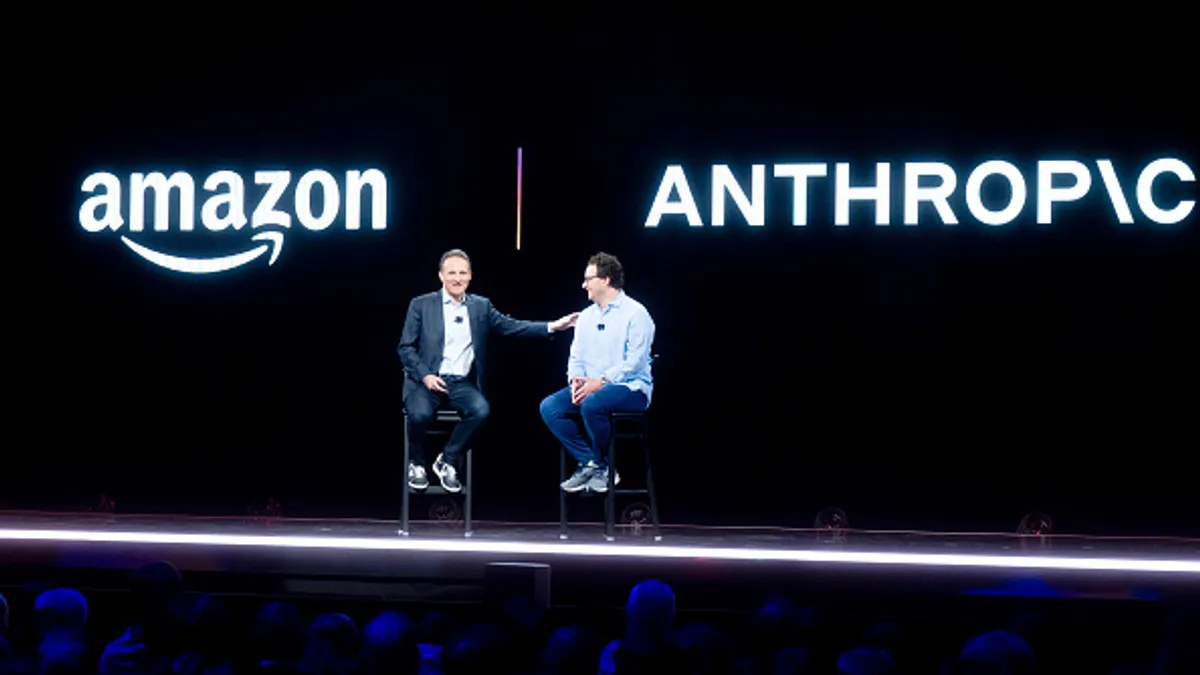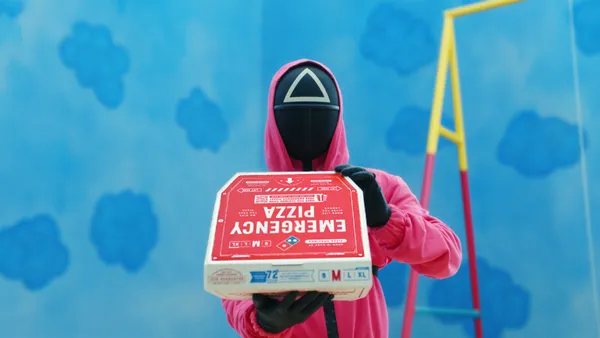Dive Brief:
- WPP has partnered with Anthropic to bring the buzzy artificial-intelligence startup’s latest Claude family of AI models into its WPP Open operating system, according to a press release.
- Claude, which includes the Opus, Sonnet and Haiku software, is being integrated into WPP Open through Amazon Bedrock, the generative AI marketplace from Amazon Web Services. WPP Open supports 114,000 employees, who will now be able to leverage Claude for analyzing briefs, content creation and other marketing functions.
- WPP Open is used by some of the ad-holding group’s largest brand clients, including The Coca-Cola Company, L’Oréal and Nestlé. The deal underscores the growing embrace of generative AI among agencies that see the technology as an enabler of productivity and crucial to gaining a competitive edge.
Dive Insight:
Integrating Anthropic’s Claude suite of generative AI contributes to a larger strategic push from WPP to reshape its marketing services behemoth around the emergent technology. The GroupM and Ogilvy owner started the year off by pledging to spend 250 million pounds, or about $318 million, annually to drive its AI transformation. WPP is under pressure as growth stalls and rivals like Publicis also ramp up their AI bets to attract new clients.
Teaming with Anthropic, a startup that competes with firms like OpenAI, is the latest in a series of moves from WPP to equip its employees with the most leading-edge AI tools. The ad-holding group last month partnered with Google to bring the search giant’s Gemini AI to WPP Open and has been working with chipmaker Nvidia since last summer on a content-creation engine powered by generative AI. WPP additionally uses OpenAI’s GPT-4 and DALL-E along with a smattering of other AI platforms.
Anthropic has received backing from heavy hitters in tech, including Amazon, which has committed billions to the startup and is helping WPP adopt Claude through Amazon Bedrock. Bedrock, a managed service under cloud-computing unit AWS, helps companies access existing AI models versus building their own from scratch, an often costly and computationally intensive process.
The latest Claude 3 offerings, among Anthropic’s most advanced, intend to help WPP staff “interpret complex briefs and produce high-quality content, as well as process a range of formats including photos, charts, graphs and technical diagrams,” according to the announcement. Haiku is Anthropic’s fastest and lightest model, while Sonnet sits in the middle of the pack performance-wise and Opus is tailored to the most complex tasks, such as analyzing large data sets and helping get to the root of brand identity when creating marketing content.
Keeping pace with generative AI is important for WPP as it vies for a turnaround. The group in recent months has contended with a slowdown in key markets like China and the loss of some major accounts, including Pfizer. WPP saw like-for-like revenue less pass-through costs, an important measure of agency health, decline 1.6% in Q1. It expects flat or 1% growth for the full year, contrasting with agency peers that have benefited from a rebound in client spending, particularly from the tech sector.















